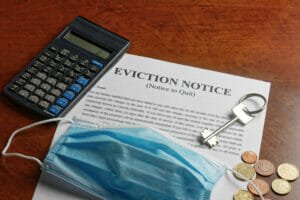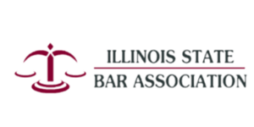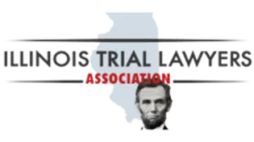
Are Illinois Landlords Protected from Foreclosures Due to COVID-19?
There is no doubt that the global coronavirus pandemic has led to public health as well as economic impacts. In an effort to stop or slow the spread of the highly contagious virus, many states have issued stay-at-home orders. As a result, numerous non-essential businesses have been temporarily closed, putting many people out of work. This has caused a record number of unemployment claims throughout the United States in addition to housing instability for millions of residents due to a loss of income. As a landlord, you may be worried about not receiving rent payments due to COVID-related layoffs or furloughs. If you own property in Illinois, there are remedies available, such as moratoriums on evictions and foreclosures. An experienced real estate attorney can help you explore your legal options during this unprecedented time.
Federal Relief for Homeowners
As a response to this potential housing crisis, the federal government implemented certain protections for tenants and mortgage loan borrowers. According to the Coronavirus Aid, Relief, and Economic Security (CARES) Act, anyone who was renting a unit in a property that has a federally backed mortgage could not be evicted or penalized for not paying rent between March 27 and July 24, 2020. After that time period, landlords could give their tenants 30 days’ notice to vacate the premises.
Illinois Governor Pritzker had extended the eviction moratorium for the state through December 12, 2020. This order prevented law enforcement from carrying out eviction and foreclosures for non-payments. There were exceptions, though, such as if tenants posed a direct safety or health threat to neighbors and property or violated building codes. However, some agencies, such as the Federal Housing Finance Authority (FHFA) and Federal Housing Administration (FHA), extended their single-family moratoria on evictions until December 31, 2020.
Under the new gubernatorial order, which runs through December 12, 2020, tenants must sign a form declaring that they meet certain qualifications, including an income limit of $99,000 for individuals or $198,000 for joint tax filers. They also must attest that they are unable to make housing payments due to a COVID-19-related hardship and would likely be homeless or forced to live in close quarters if evicted. Tenants also have to be making their “best efforts to make timely partial payments that are as close to the full payment as the individual’s circumstances may permit.”
See Declaration Form to be signed by Tenants.
Private Remedies
In addition to help at the federal level, there may be options at the state and local levels, or through private lenders. The Illinois Department of Financial and Professional Regulation (IDFPR) is encouraging mortgage lenders to defer mortgage payments for 90 days. For those experiencing financial hardship because of coronavirus, it may be worth asking their mortgage servicer if deferring payment is an option. Some banks and other financial institutions are offering customers other forms of relief in regard to their mortgages, whether someone is the primary homeowner or a landlord. If you have a mortgage with a bank, contact your lender and ask if there are any options for deferring payment until you can get back on your feet.
Homeowners can also request an authorized delay in payment, known as a “forbearance.” When submitting this type of request, you must prove financial hardship. You may request a delay for 6-12 months. During this time, you cannot be charged extra fees, penalties, or interest. You may also want to modify the terms of your loan. If you have a multi-family mortgage, you can request up to three 30-day authorized payment delays. However, you cannot evict any tenants or charge them late fees during this timeframe.
Contact a Woodstock Real Estate Lawyer
COVID-19 has changed our way of life, whether we like it or not. From e-learning to Zoom work calls to virtual get-togethers, people all over the world have adjusted to a new normal. If you are a homeowner or a landlord who rents out several properties, it is likely you are feeling the financial impact of the pandemic. At Prime Law Group, our skilled McHenry County real estate attorneys will help you navigate the complexities of residential real estate transactions. To learn more and schedule a confidential consultation, call our office today at 815-338-2040.
November 16, 2020
Source:
https://www.nhlp.org/campaign/protecting-renter-and-homeowner-rights-during-our-national-health-crisis-2/






